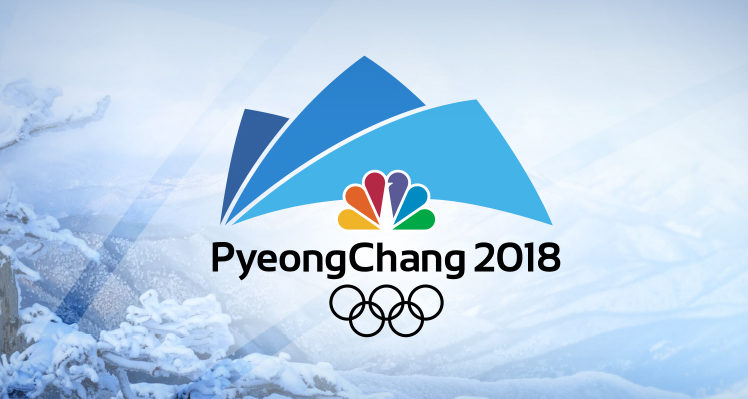
Photo Credit: Google Images
Remember when watching the Olympics meant discovering a new, fresh-faced talent out of almost nowhere? These days, the biggest stars of the Olympics – the athletes most likely to make it to the medal stand – likely already have an active social media presence heading into the Olympics. They are not unknowns from all-American towns – they are Internet personalities with huge followings just waiting for the next sponsorship deal to fall into place.
The Olympics now amplify the reach of existing social media celebrities
If previous Olympics meant “discovering” a new star for America to love (just think of exuberant, fresh-faced gymnasts and swimmers appearing on your morning cereal boxes), the Pyeongchang Winter Olympics was all about “amplifying” the reach of stars that already exist. Take the example of Chloe Kim, who picked up a gold in snowboarding in South Korea. Heading into the Winter Games, she had 15,000 followers on Twitter already. By the time she flies back home to the US of A, she will have close to 300,000 followers.
Athletes need to be willing to play the social media influencer game
And the 2018 Winter Olympics has further shaped what corporate sponsors want out of their star athletes. First and foremost, these athletes need to be social media-ready. Most of these athletes are already attractive with jaw-dropping physiques, but what about their personalities? Do they tweet about cute, all-American topics like eating ice cream and feeling “hangry,” like Chloe Kim? Or are they “bad boys” like Ryan Lochte, who has turned into a real liability for any sponsor?
And, perhaps just as importantly, are these athletes ready to drop references to sponsors in their Twitter feeds with regularity? Take the example of Lindsey Vonn, who seems to be everywhere on social media promoting her sponsors. Or the example of skier Mikaela Shiffrin, who has 120,000 Twitter followers and routinely drops mentions of sponsors like Bose, Barilla and Oakley in between updates from the Games.
Sponsorship is now a year-round affair
It’s also possible to see that social media sponsorships are turning into year-round affairs rather than very concentrated periods of time. Since these are social media stars in their own right, they are creating content year-round. They are competing in races, training and getting their bodies into peak physical shape. That becomes very compelling for brands as a way to get even exposure. For example, why wouldn’t a major food brand want to sponsor an Olympian, if it means being included in Instagram Stories about “the perfect pre-Olympics diet”? Why wouldn’t an athletic gear maker want to sponsor a young skater, skier or curler if it means being featured in beautiful Instagram photos on a regular basis?
The Olympics have always been the biggest stage in sports, and this year’s crop of new stars are among the biggest yet. With Twitter followings measured in the hundreds of thousands, they are world-class athletes first and social media influencers second. Without a doubt, the Olympics have changed the sponsorship game forever.